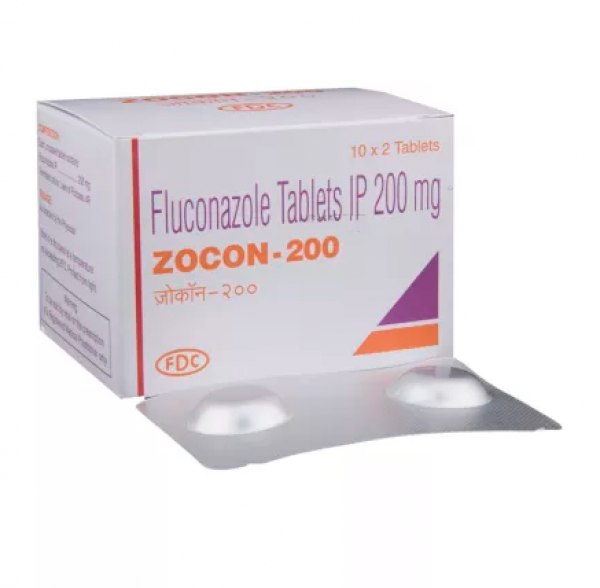Diflucan (fluconazole ) is an antifungal antibiotic.rnDiflucan is used to treat infections caused by fungus, which can invade any part of the body including the mouth, throat, esophagus, lungs, bladder, genital area, and the blood.rnDiflucan is also used to prevent fungal infection in people with weak immune systems caused by cancer treatment, bone marrow transplant, or diseases such as AIDS.
The health and medical information provided here is for general purposes only and is not a substitute for the expertise and judgment of your physician, or other health care professional. It should not be understood to indicate that the use of this medicine is safe, appropriate or effective for you. Always consult your health care professional before using this, or any other, drug.
Do not use this medication if you are allergic to Diflucan, or similar drugs such as clotrimazole (Lotrimin), econazole (Spectazole), ketoconazole (Nizoral), miconazole (Monistat), sertaconazole (Ertaczo), sulconazole (Exelderm), terconazole (Terazol), tioconazole (Vagistat-1), or voriconazole (Vfend). Do not use Diflucan if you are also taking cisapride (Propulsid) or terfenadine (Seldane).rnBefore taking Diflucan, tell your doctor if you have liver disease, kidney disease, a heart rhythm disorder, or a history of "Long QT syndrome.rnTake this medication for the entire length of time prescribed by your doctor. Your symptoms may get better before the infection is completely treated. Diflucan will not treat a viral infection such as the common cold or flu.
Get emergency medical help if you have any of these signs of an allergic reaction: hives; difficulty breathing; swelling of your face, lips, tongue, or throat. Call your doctor at once if you have any of these serious side effects:rnnausea, stomach pain, low fever, loss of appetite, dark urine, clay-colored stools, jaundice (yellowing of the skin or eyes);rnfever, chills, body aches, flu symptoms;rnsevere blistering, peeling, and red skin rash;rneasy bruising or bleeding, unusual weakness; orrnseizure (convulsions).rnLess serious Diflucan side effects may include:rnmild nausea, vomiting, diarrhea, or upset stomach;rnheadache;rndizziness;rnunusual or unpleasant taste in your mouth; orrnskin rash or itching.
Take this medication exactly as it was prescribed for you. Do not take the medication in larger amounts, or take it for longer than recommended by your doctor. Follow the directions on your prescription label.rnYour dose will depend on the infection you are treating. Vaginal infections are often treated with only one pill. For other infections, your first dose may be a double dose. Carefully follow your doctors instructions. Tell your doctor if your symptoms do not improve.rnTake this medicine with a full glass of water. Shake the oral suspension (liquid) well just before you measure a dose. To be sure you get the correct dose, measure the liquid with a marked measuring spoon or medicine cup, not with a regular table spoon. If you do not have a dose-measuring device, ask your pharmacist for one.rnTake this medication for the entire length of time prescribed by your doctor. Your symptoms may get better before the infection is completely treated. Diflucan will not treat a viral infection such as the common cold or flu.rnStore the tablets at room temperature away from moisture and heat. You may store liquid Diflucan in a refrigerator, but do not allow it to freeze. Throw away any leftover liquid medicine that is more than 2 weeks old.



